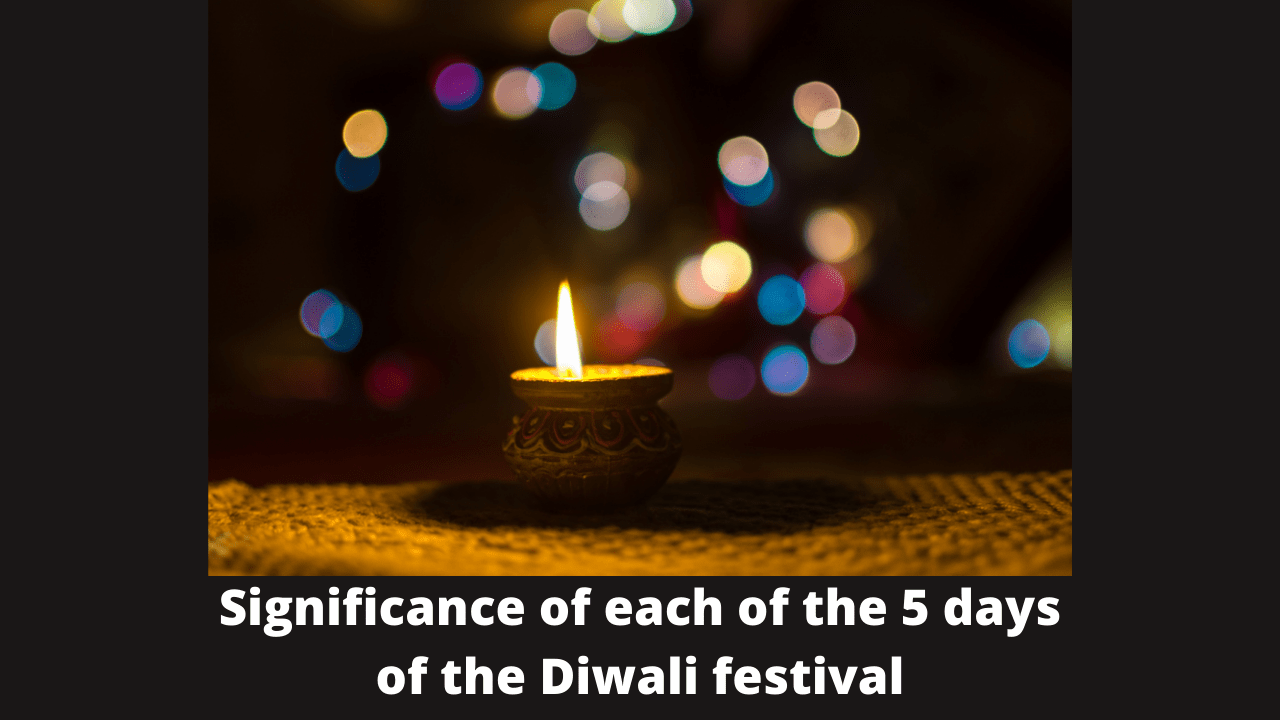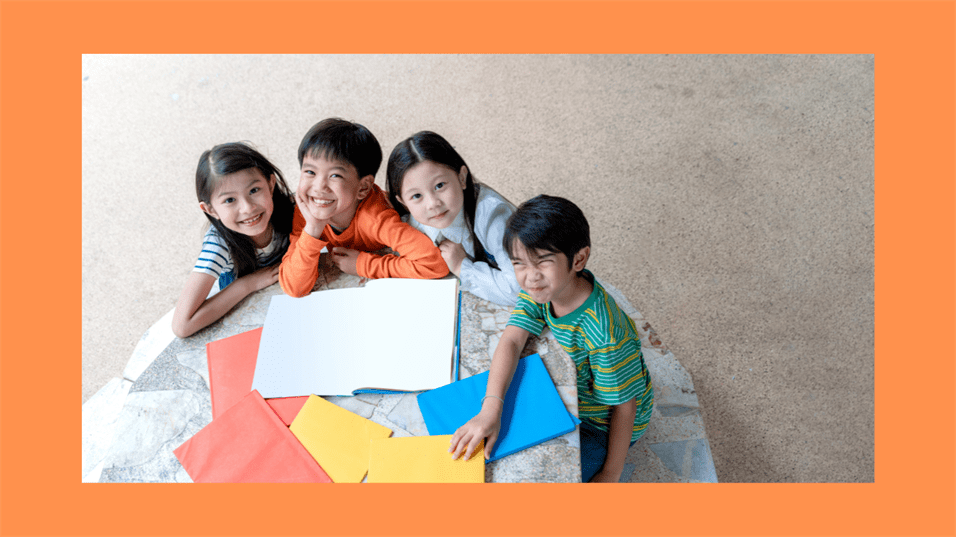Day Festivity
Diwali, also known as the festival of lights, does not begin or end with Laxmi Pujan. It is made of 5 day of festivity that begins on the occasion of Dhanteras and ends on Bhai Dooj. Each day has its own religious significance. We bring to you the auspicious ways through which the five days are celebrated.
Lets start with Dhanteras.
Dhanteras or Dhantrayodashi:
The first day of five days of festivity starts with dhanteras and it sets all the mood for Diwali Celebrations. is celebrated on the thirteen day of krishna paksha in kartik month for many different reasons .We pay homage to Lord Dhanwantari, who is associated with Ayurveda and various Ayurvedic healing practices for the goodness of mankind. We worship Lord Dhanvantari to ward off illness and diseases and to keeping our near and dear ones healthy. Our another belief is that Goddess Lakshmi emerged from the ocean of milk with a pot of gold during the manthan of the sea so the day is considered an auspicious to buy silver, gold, ornaments as it wards off bad luck. We perform Lakshmi Puja by lighting diyas to drive away evil spirits
Naraka Chaturdasi:
Narak Chaturdashi, the 14th day of the Krishna Paksha of Kartik month, is celebrated as Narak Chaturdashi. According to our Indian mythology, this is the day Lord Krishna and his wife Satyabhama fought the demon named Narakasura as he had captivated gopis, defeated him, killed him. We celebrate the day by waking up early in the morning and bathing with ubatan this helps keeping our skin moisturised on the onset of winter. We also perform Laxmi pooja on this evening by liting diyas. This day is also called Chhoti Diwali.
Main Diwali:
Main Diwali falls on Amavasya (new moon day) of Krishna Paksha (dark fortnight) in the month of Kartik. This is considered as the main day of five days of festivity. We perform Laxmi and Ganesh Pooja- the lords of abundance and prosperity,Pujan on this day.
Families make sweets and colourful rangolis at the entrance and sit together at their homes and their workplaces to carry out the pooja so as to manifest Goddess Laxmi’s arrival. This was also the day Lord Ram with his wife sita and brother Laxman returned to Ayodhya after defeating Ravana. The citizens of Ayodhya welcomed their to be king by lighting up the houses and streets with earthen diyas filled with oil, laid flowers petals,wore new clothes , exchanged sweets and gifts. Even now, Hindus follow the same ritual. They greet their love by gifting Eco Friendly Gifts for good fortune and luck with positiveness.
Govardhan Puja:
Govardhan Puja falls on the first day of shukla paksha in the month of Kartik. This day is also observed as ‘Padwa’ as Vikram-Samvat was started from this day. This is the fourth day of this five day Hindu festival. According to our mythology, Lord Indra was provoked and he tried to submerge the town of Gokul. Lord Krishna saved the people of Gokul from the furious Lord Indra by lifting the Govardhan Mountain on his small finger to provide shelter to Gokul citizens.
Most households mark this day by making chhappan bog for Lord Krishna, wearing new clothes and jewelry, greeting family members and also distributing sweets and gifts.
Bhai Dooj:
The fifth day of festivity or the second day after Diwali is ‘Bhai Dooj’, marking the end of this five day Hindu festival. It is unique in nature as it is dedicated to love between a brother and a sister. This day, brothers visit the sister if she is married and lives away. If not married and in the same home, siblings get together to do the tikka ceremony. Sisters applies tika on their brothers forehead followed by arti. Sisters make delicious dishes for their brothers The festival is associated with the legendary tale of brotherly love between Lord Yama and his sister Yami. After several decades of separation when Lord Yama decided to visit his sister was touched by the warmth and hospitality showed by his sister Yami . Yamraj blessed her and announced that henceforth a brother who will greet his sister on this day will have a long life.
So this is how we celebrate our Five Days Festival called Diwali.




 Each title in our collection is more than just a book - it’s a ‘green gift’, promoting mindful reading, sustainable values, and a culture of eco-conscious living. By gifting books, you open doors to new ideas, support lifelong learning, and nurture a more informed, compassionate, and environmentally aware individual.
Each title in our collection is more than just a book - it’s a ‘green gift’, promoting mindful reading, sustainable values, and a culture of eco-conscious living. By gifting books, you open doors to new ideas, support lifelong learning, and nurture a more informed, compassionate, and environmentally aware individual.